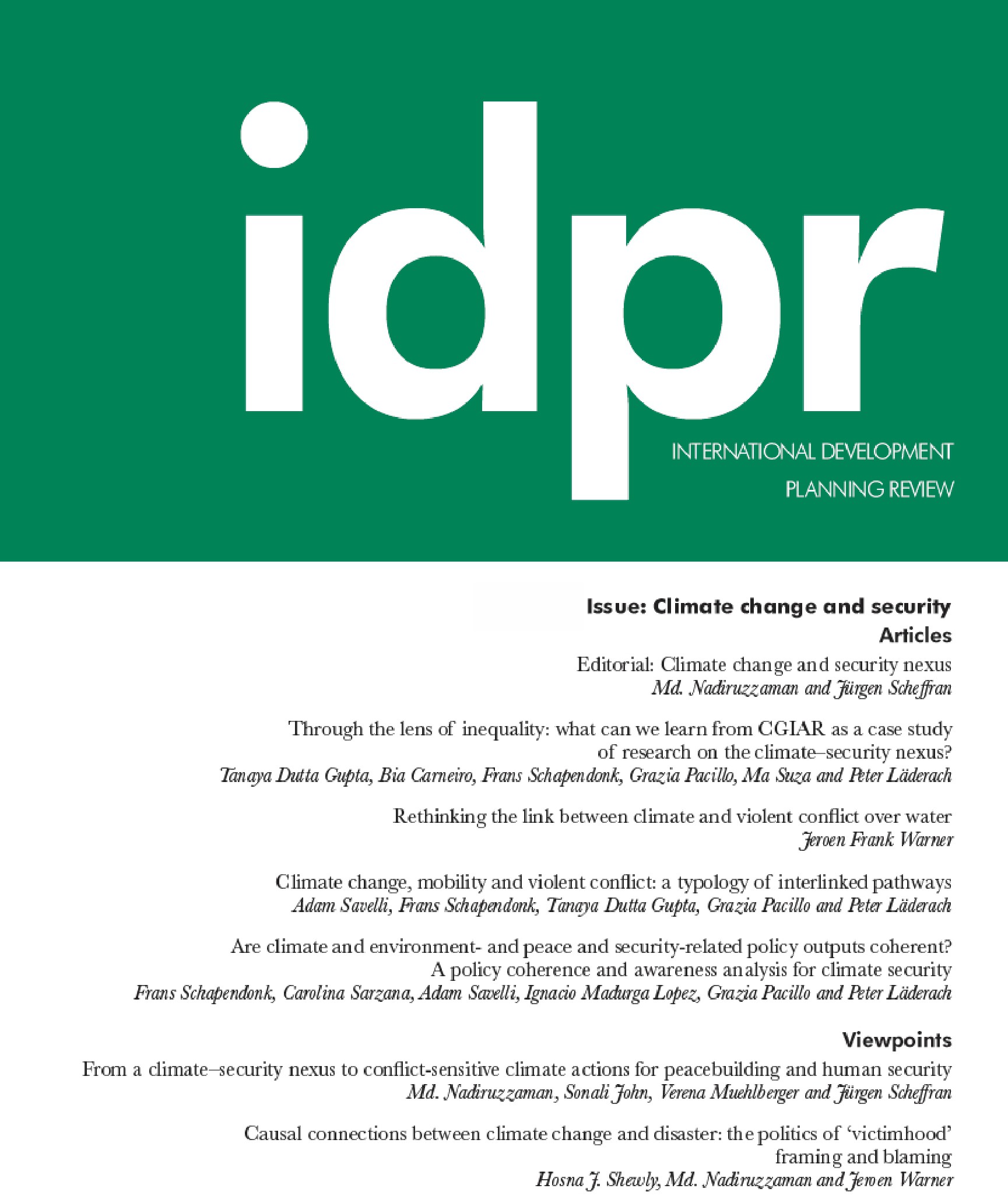ABROGATION OF ARTICLE 370: A STUDY OF JAMMU AND KASHMIR WITH REFERENCE TO INDIA-PAKISTAN RELATIONS
Abstract
The controversial Article 370 had given the Jammu and Kashmir (J&K) state vast autonomy, causing many problems, including a threat to the country's unity. As a result, the Indian government split the state into two successors, "Union Territories," with additional limited aboriginal administrative powers under the Central Government. Article 370 was a "temporary provision" that needed to be repealed, modified, or repealed; hence, this research attempts to analyse the Indian government's recent decision on the erstwhile state of J&K. On 5 August 2019, the Central Government agreed to remove the former State of Jammu and Kashmir’s special status, and the State of J&K lost its special status. The abrogation of Articles 370 and 35A of the Indian Constitution is the subject of this research study. The people of J&K have a unique status under Articles 370 and 35A. This study examines the historical history of Articles 370 and 35-A, which define the 1947 Instrument of Accession and Jammu & Kashmir's integration. The main goal of this paper is to explore India-Pakistan ties after the repeal of Articles 370 and 35A and Pakistan's strategy. It delves into the legal nature and character of Article 370 of the Indian Constitution and the fundamental nature and meaning of Jammu and Kashmir's autonomy inside India. This paper also analyses the internationalisation of Article 370 and India's management strategy and, in the end, discusses the future of J&K in Indo-Pak relations after the abrogation of Article 370.
Keywords: Jammu and Kashmir, Article 370, Article 35-A, Abrogation of Article 370, India-Pakistan, Constituent Assembly, United Nations, China, Terrorism.






